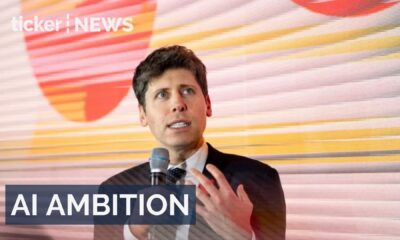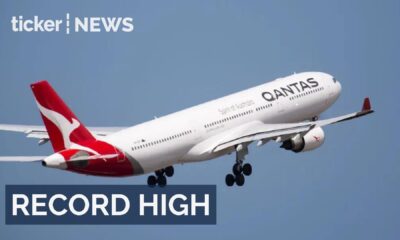Three reasons why Putin feels so strongly about Ukraine and has chosen to bring the crisis to a head
Why is Russia’s Putin so focused on Ukraine?
Ukraine has become the main flashpoint in Russia’s relations with the West
after a series of tough statements from President Vladimir Putin
and a build-up of tens of thousands of Russian troops near its border.
“If Russia further invades Ukraine, there will be significant costs and consequences.”
U.S. DEPUTY SECRETARY OF STATE WENDY SHERMAN SAYs
“I think what you’re going to see is that Russia will be held accountable if it invades.”
U.S. PRESIDENT JOE BIDEN says
“The risk of a conflict is real.”
NATO SECRETARY GENERAL, JENS STOLTENBERG, SAYs
“This is an extremely dangerous situation. We’re now at a stage where Russia could at any point launch an attack in Ukraine.”
WHITE HOUSE PRESS SECRETARY JEN PSAKI SAYs
Here are three reasons why Putin feels so strongly about Ukraine and has chosen to bring the crisis to a head.
1. HISTORY
With the 1991 break-up of the Soviet Union,
Russia lost control of 14 former republics it had previously dominated, but the loss of Ukraine was the bitterest pill.
Many Russians feel a connection with Ukraine that they do not feel towards other former Soviet states
The two had been linked since the 9th century and speak closely related languages
Putin has said Russians and Ukrainians were one people who shared a ‘single historic and spiritual space’
2. GEOPOLITICS
Since the Cold War ended NATO has expanded eastwards by taking in 14 new countries, including states that were once in the Soviet Union.
For Russia – this was a threatening encroachment towards its borders.
“The build-up of the United States and NATO’s forces next to the Russian borders is of great concern.”
RUSSIAN PRESIDENT, VLADIMIR PUTIN, SAYs.
While Ukraine is not a NATO member it has a promise it will eventually get to join.
Since toppling a pro-Russian president in 2014, it has moved closer to the West, and staged joint military exercises with NATO.
Putin says Ukraine’s growing ties with the alliance could make it a launchpad for NATO missiles targeted at Russia.
He wants security guarantees from the West including the rescinding of NATO’s membership promise to Kyiv.
3. PUTIN’S MINDSET AND MOTIVES
As a leader who tolerates virtually no domestic opposition, Putin has a strong aversion to revolutions in neighbouring countries that could encourage protests in Russia.
Ukraine is potentially threatening for Putin if it inspires Russians with a pro-Western vision.
Keeping the West guessing about a possible invasion of Ukraine has put Russia high on the international agenda and forced U.S. President Joe Biden to re-engage with Putin in a video call in December.
In a recent interview Putin mourned the collapse of the Soviet Union as the demise of ‘historical Russia.’
Some analysts argue such statements suggest Putin sees Ukraine as ‘unfinished business’ and wants to follow the seizure of Crimea – which boosted his popularity in Russia – to bring part or all of Ukraine back under Moscow’s control.
Rosanna Philpott – Reuters



 Tech5 days ago
Tech5 days ago


 Money4 days ago
Money4 days ago


 Tech3 days ago
Tech3 days ago


 News1 day ago
News1 day ago


 News1 day ago
News1 day ago


 News1 day ago
News1 day ago


 Tech4 days ago
Tech4 days ago


 News4 days ago
News4 days ago



